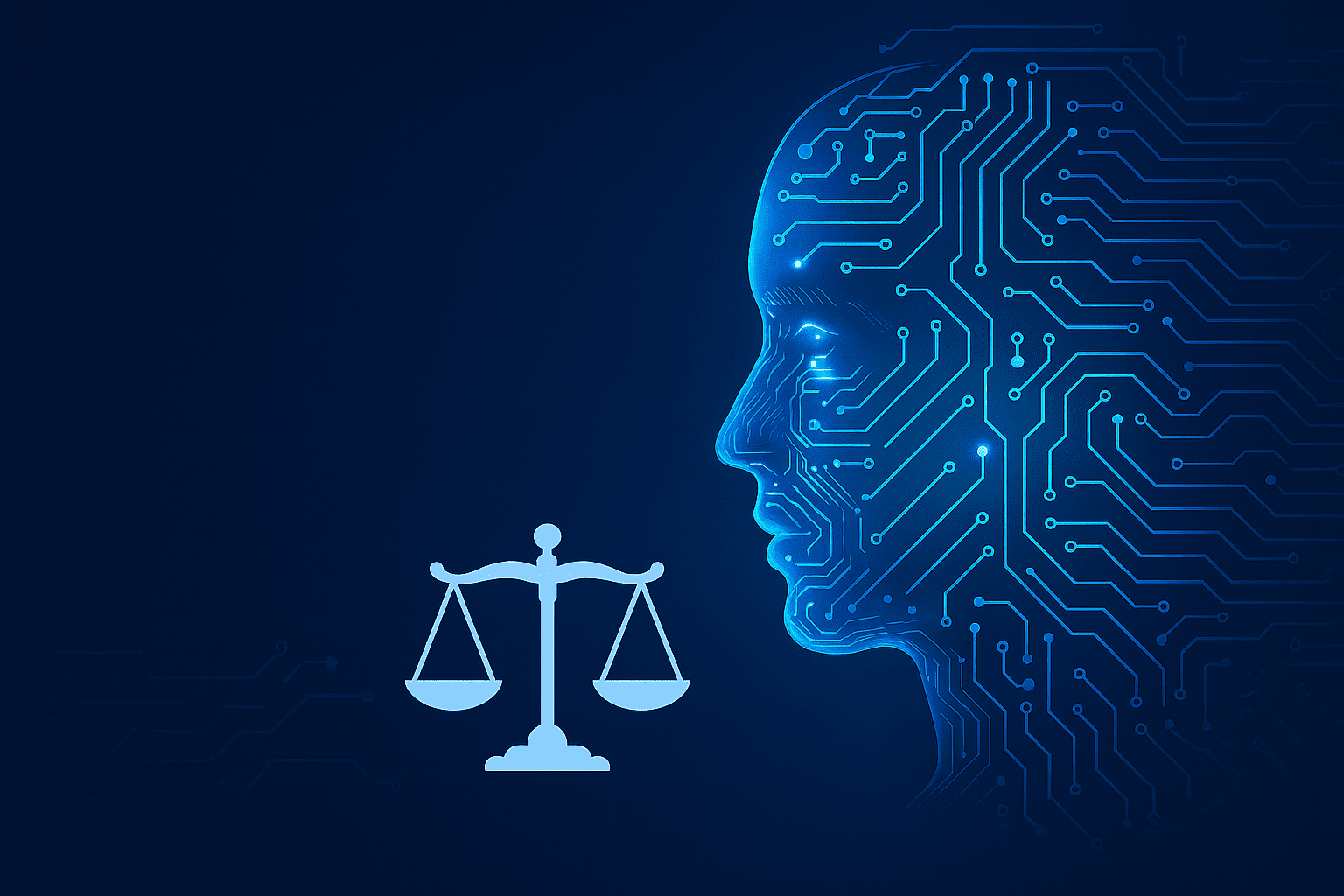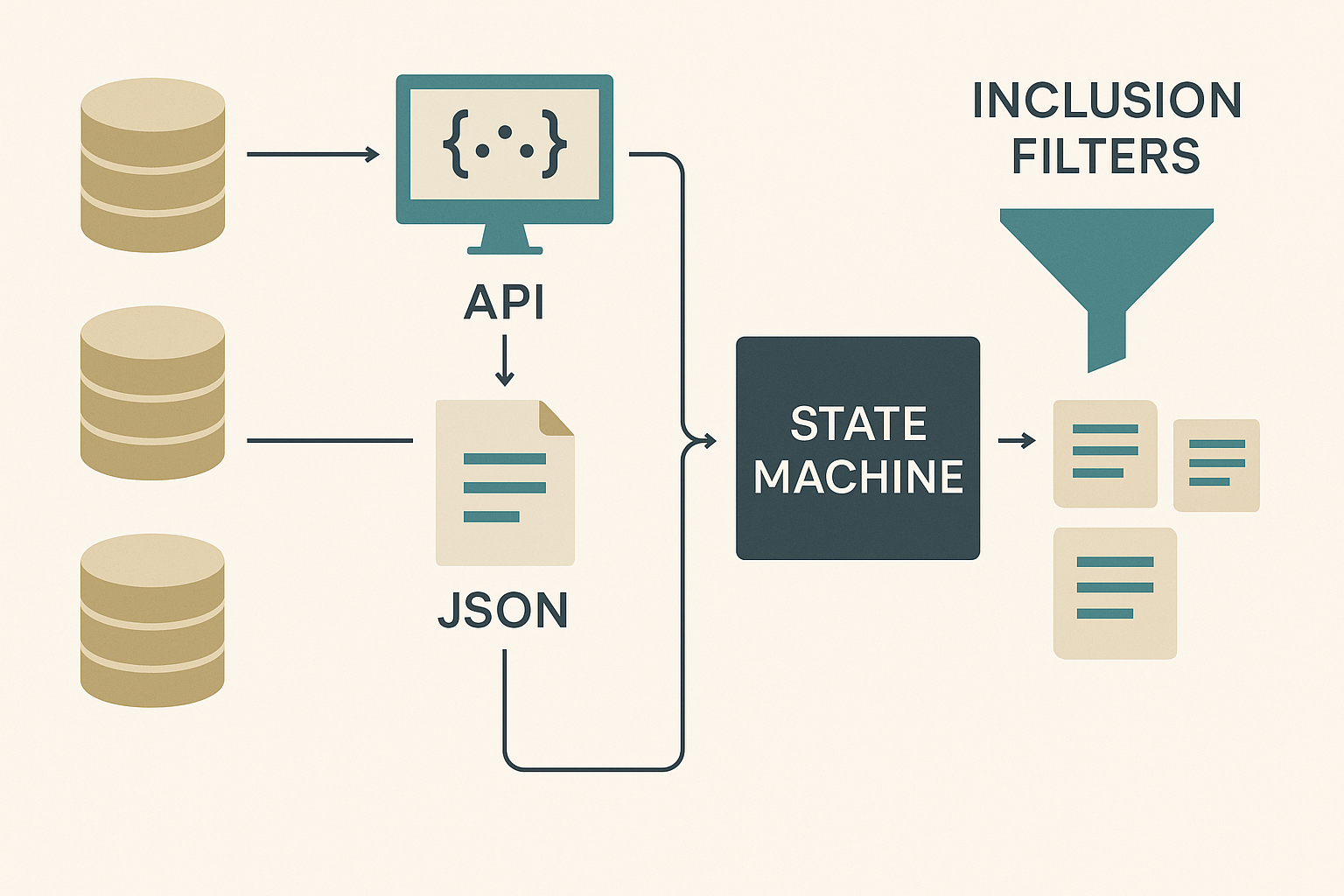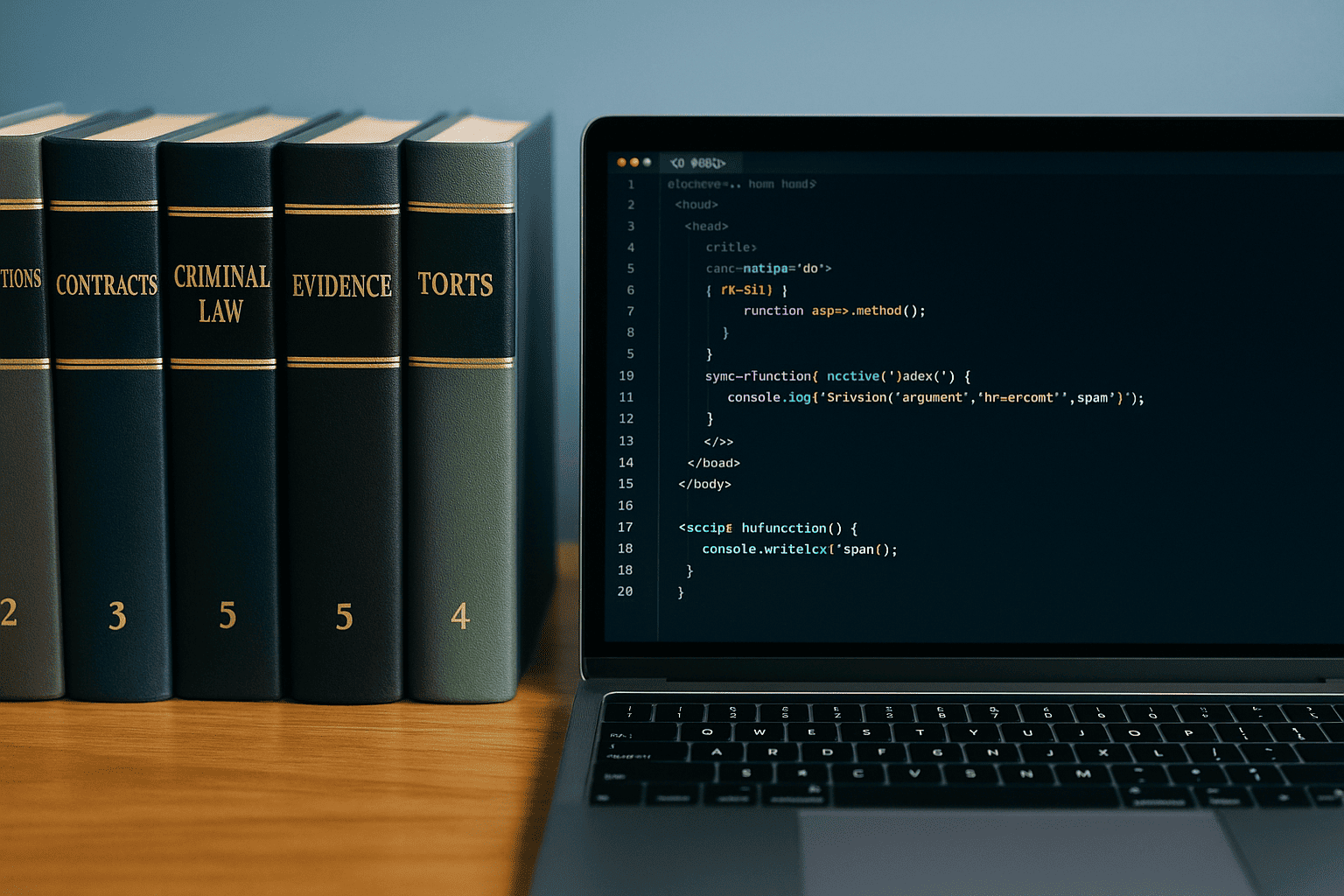The legal profession is undergoing a technological revolution, and artificial intelligence is at the forefront of this transformation. In 2025, AI-powered legal research tools are not just a novelty—they're becoming essential for attorneys who want to stay competitive and efficient.
The Evolution of Legal Research
Traditional legal research has always been a time-intensive process. Attorneys would spend hours poring over case law, statutes, and legal treatises, often using complex Boolean search terms that required specialized training. This approach, while thorough, was not only time-consuming but also prone to human error and bias.
Enter artificial intelligence. Modern AI systems can understand natural language queries, making legal research accessible to attorneys regardless of their technical background. Instead of learning complex search syntax, lawyers can now ask questions in plain English and receive relevant, accurate results.
Natural Language Processing in Legal Research
One of the most significant breakthroughs in AI-powered legal research is natural language processing (NLP). This technology allows computers to understand and interpret human language, enabling attorneys to search for legal information using everyday language.
For example, instead of searching for "contract AND formation AND consideration," an attorney can simply ask, "What are the essential elements of a valid contract?" The AI system will understand the intent behind the question and return relevant case law, statutes, and legal commentary.
Key Benefits of NLP in Legal Research:
- Accessibility: Reduces the learning curve for new attorneys and legal professionals
- Efficiency: Saves hours of research time by understanding context and intent
- Accuracy: Reduces the risk of missing relevant cases due to poor search terms
- Comprehensiveness: Can identify connections between cases that might not be obvious through traditional keyword searches
Predictive Analytics and Case Outcomes
Beyond simple search and retrieval, AI is now being used to predict case outcomes based on historical data. By analyzing thousands of similar cases, AI systems can identify patterns and factors that influence judicial decisions.
This predictive capability is particularly valuable for:
- Case Strategy: Helping attorneys understand the likelihood of success based on similar cases
- Client Counseling: Providing realistic expectations about potential outcomes
- Resource Allocation: Helping firms decide which cases to take on based on predicted outcomes
- Settlement Negotiations: Informing settlement discussions with data-driven insights
The Impact on Solo Attorneys and Small Firms
While large law firms have been early adopters of AI technology, the democratization of these tools is leveling the playing field for solo attorneys and small firms. AI-powered legal research platforms are now affordable and accessible, allowing smaller practices to compete with larger firms in terms of research capabilities.
Consider the case of Maria Rodriguez, a solo attorney in California who specializes in employment law. Before adopting AI-powered research tools, she would spend 15-20 hours per week on legal research. Now, with natural language search capabilities, she can complete the same research in 3-5 hours, allowing her to take on more cases and provide better service to her clients.
"AI has transformed my practice. I can now focus on what I do best—advocating for my clients—while letting technology handle the heavy lifting of research and case analysis." - Maria Rodriguez, Employment Law Attorney
Challenges and Considerations
Despite the many benefits, the adoption of AI in legal research is not without challenges. One of the primary concerns is the "black box" problem—the difficulty in understanding how AI systems arrive at their conclusions. This lack of transparency can be problematic in a field where explainability is crucial.
Additionally, there are concerns about:
- Bias in Training Data: AI systems can perpetuate existing biases in legal precedent
- Over-reliance: Attorneys must maintain their critical thinking skills and not blindly trust AI recommendations
- Data Privacy: Ensuring that sensitive client information remains secure when using AI tools
- Ethical Considerations: Understanding the ethical implications of using AI in legal practice
The Future of AI in Legal Research
As we look to the future, AI will continue to evolve and become even more sophisticated. We can expect to see:
- Enhanced Predictive Models: More accurate predictions based on larger datasets and improved algorithms
- Real-time Updates: Instant notifications when new cases or statutes affect existing research
- Multimodal Search: The ability to search through images, audio, and video in addition to text
- Collaborative AI: Systems that learn from user interactions and improve over time
Getting Started with AI-Powered Legal Research
For attorneys looking to incorporate AI into their research workflow, here are some practical steps:
- Start Small: Begin with one AI tool and gradually expand your usage
- Verify Results: Always cross-reference AI findings with traditional research methods
- Stay Informed: Keep up with the latest developments in legal AI technology
- Train Your Team: Ensure everyone in your practice understands how to use AI tools effectively
- Evaluate Regularly: Assess the impact of AI on your practice and adjust your approach accordingly
Conclusion
AI is not just changing legal research—it's revolutionizing the entire legal profession. By embracing these technologies while maintaining the critical thinking and ethical standards that define the legal profession, attorneys can enhance their practice, better serve their clients, and stay competitive in an increasingly technology-driven world.
The key is to view AI as a tool that enhances human capabilities rather than replaces them. The most successful attorneys will be those who learn to work alongside AI, leveraging its strengths while maintaining their own expertise and judgment.
As we continue through 2025 and beyond, the integration of AI in legal research will only become more sophisticated and widespread. The question is not whether AI will transform legal research, but how quickly and effectively attorneys can adapt to this new reality.


